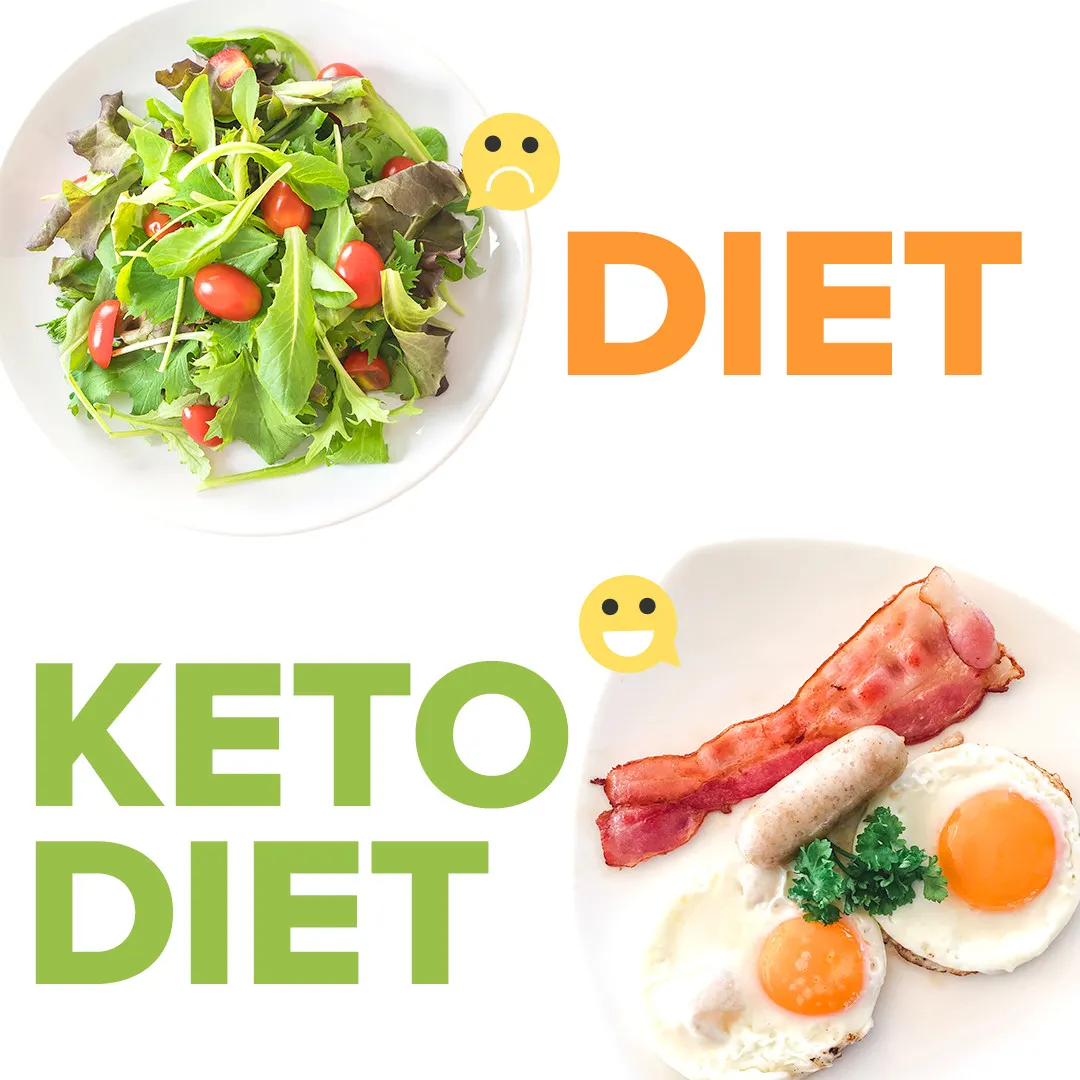The Ultimate Guide to Losing Weight with the Keto Diet

THIS POST MAY CONTAIN AFFILIATE LINKS, WHICH MEANS WE MAY RECEIVE A COMMISSION, AT NO COST TO YOU, IF YOU MAKE A PURCHASE THROUGH A LINK. PLEASE READ MY FULL DISCLAIMER FOR MORE INFO.
Many individuals battle with weight issues, which may lead to low self-esteem or even unhealthy conditions such as obesity. While there are many solutions for weight loss, some are more effective than others. The ketogenic diet, or "Keto," has become increasingly popular as an effective weight loss solution for many individuals. This low carb diet is based on a high-fat, low-carbohydrate approach to eating, which can help you burn fat more efficiently and lose weight quickly. In this blog post, we'll give you all the information you need to know about the Ketogenic diet, including how it works, recommended foods you can eat, and how to get started.
Understanding the Ketogenic Diet
The first step to losing weight with the Keto diet is to understand how it works. The Keto Diet is a low-carb, high-fat diet designed to trigger the body into a metabolic state called ketosis, where fat is burned for energy instead of carbohydrates. The goal of this diet is to reduce carbohydrate intake to less than 50 grams per day, forcing the body to use fat as fuel. It's essential to understand which foods are high in carbohydrates and which are not, making it easier to create a proper meal plan.
Foods to Eat and Avoid
On the Keto diet, you'll be eating a lot of healthy fats and low-carbohydrate foods. Some of the foods you can eat include avocados, nuts and seeds, fatty fish, and healthy oils like coconut and olive oil. You'll also want to avoid high-carbohydrate foods like bread, pasta, rice, and sugary snacks. Instead, focus on eating lots of low carb vegetables, like leafy greens, broccoli, and cauliflower.
Hydrate
It is essential to drink plenty of water to flush out toxins and waste products produced during ketosis. Water is also essential to keep your body hydrated, which is vital for weight loss. When your body is dehydrated, it has to retain water, which leads to bloating and water weight. Drinking at least eight glasses of water daily helps reduce these symptoms and promotes weight loss.
Exercise
Adding exercise to your keto diet plan is an excellent step to improve your weight loss efforts. Exercise is not a requirement, but it can significantly accelerate the weight loss process, increase muscle mass development and improve overall health. Weightlifting is an effective technique as it activates muscles that burn calories, even when not working out.
Meal Planning
Creating effective meal plans is crucial when attempting to lose weight with the Keto Diet. One great tip is to plan for meals and snacks in advance. When going to the grocery store, select meal ingredients you will need, purchase in bulk and prepare in batches. This will save you time while ensuring that you stick to your diet plan consistently. You'll also want to make sure you're getting enough protein and healthy fats to keep you feeling full and satisfied throughout the day.
The Benefits of the Ketogenic Diet
There are many health benefits to the Keto diet beyond weight loss. Some people find that they have more energy throughout the day, while others report improvements in their mental clarity and focus. There are also studies that suggest the Keto diet can help improve certain health conditions, like diabetes and epilepsy.
Patience
Losing weight is not an overnight process. It takes patience and persistence to achieve the desired results. One of the best things about the Keto Diet is that once you achieve ketosis, you will experience fewer cravings and will start to see results. Do not give up even if it seems like your progress is slow or a little discouraging. With consistent dedication, you will achieve your weight loss goals.
Considerations and Precautions
While many people have had success with the Ketogenic diet, it's important to research thoroughly and consult with a dietician or medical practitioner before starting any new diet plan or exercise program to avoid adverse effects. You may need medical supervision if you have pre-existing medical conditions.
Additionally, some people may experience unpleasant symptoms in the initial stages of the Keto diet, like headaches, fatigue, and constipation, known as the keto flu. It's also important to continue to get enough vitamins and minerals, which may require supplementation.
Conclusion
The Keto diet can be a powerful tool for weight loss and improving your overall health, but it's important to do your research and take the necessary precautions before starting any new diet. With the right planning, mindset, and support, you can achieve your weight loss goals and enjoy the many benefits that come with a healthy, ketogenic lifestyle.
Want to get started with the Keto Diet? Click here to Download Your 3 Free Keto Cookbooks Now!

